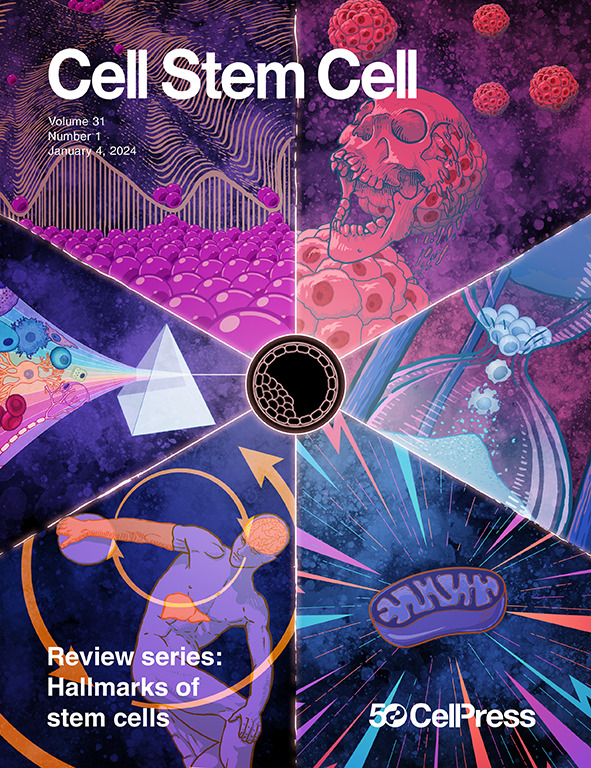Reconstruction of endocrine subtype-complete human pluripotent stem cell-derived islets with capacity for hypoglycemia protection in vivo
IF 20.4
1区 医学
Q1 CELL & TISSUE ENGINEERING
引用次数: 0
Abstract
Transplantation of pluripotent stem cell-derived islets (PSC-islets), containing functional insulin-producing β cells, represents promising cell therapy for restoring glycemic control in diabetes. However, recapitulation of complete endocrine composition in PSC-islets remains challenging, and their ability to counteract hazardous hypoglycemia, crucial to metabolic safety in vivo, remains unexplored. Here, we report robust generation of non-β cells in vitro. By incorporating non-β and β cells, we report reconstruction of PSC-islets comprising all five (α, β, δ, ε, and γ) endocrine subtypes (reconstructed PSC-islets). After reversal of hyperglycemia in diabetic mouse models, these islets exhibited robust protection against hypoglycemia, with only 3% of measurements falling below 54 mg/dL compared with 59% in non-reconstructed controls. Remarkably, hypoglycemic clamp assays suggested restoration of previously defective counterregulatory response in reconstructed PSC-islet recipients. These findings establish a strategy to control relative abundance of PSC-islet subtypes, providing a basis for calibrating post-transplant glycemic homeostasis with definitive hypoglycemic protection.

体内具有低血糖保护功能的内分泌亚型完整人多能干细胞衍生胰岛的重建
多能干细胞衍生胰岛(PSC-islets)的移植,含有功能胰岛素产生的β细胞,是恢复糖尿病血糖控制的有希望的细胞疗法。然而,在psc -胰岛中再现完整的内分泌成分仍然具有挑战性,它们对抗危险低血糖的能力(对体内代谢安全至关重要)仍未被探索。在这里,我们报告了体外非β细胞的强劲生成。通过结合非β和β细胞,我们报道了包括所有五种(α, β, δ, ε和γ)内分泌亚型(重建的psc -胰岛)的psc -胰岛的重建。在糖尿病小鼠模型的高血糖逆转后,这些胰岛对低血糖表现出强大的保护作用,只有3%的测量值低于54 mg/dL,而在非重建对照组中为59%。值得注意的是,低血糖钳试验表明重建psc -胰岛受体恢复了先前有缺陷的反调节反应。这些发现建立了一种控制psc -胰岛亚型相对丰度的策略,为校准移植后血糖稳态提供了基础,具有明确的低血糖保护作用。
本文章由计算机程序翻译,如有差异,请以英文原文为准。
求助全文
约1分钟内获得全文
求助全文
来源期刊

Cell stem cell
生物-细胞生物学
CiteScore
37.10
自引率
2.50%
发文量
151
审稿时长
42 days
期刊介绍:
Cell Stem Cell is a comprehensive journal covering the entire spectrum of stem cell biology. It encompasses various topics, including embryonic stem cells, pluripotency, germline stem cells, tissue-specific stem cells, differentiation, epigenetics, genomics, cancer stem cells, stem cell niches, disease models, nuclear transfer technology, bioengineering, drug discovery, in vivo imaging, therapeutic applications, regenerative medicine, clinical insights, research policies, ethical considerations, and technical innovations. The journal welcomes studies from any model system providing insights into stem cell biology, with a focus on human stem cells. It publishes research reports of significant importance, along with review and analysis articles covering diverse aspects of stem cell research.
 求助内容:
求助内容: 应助结果提醒方式:
应助结果提醒方式:


